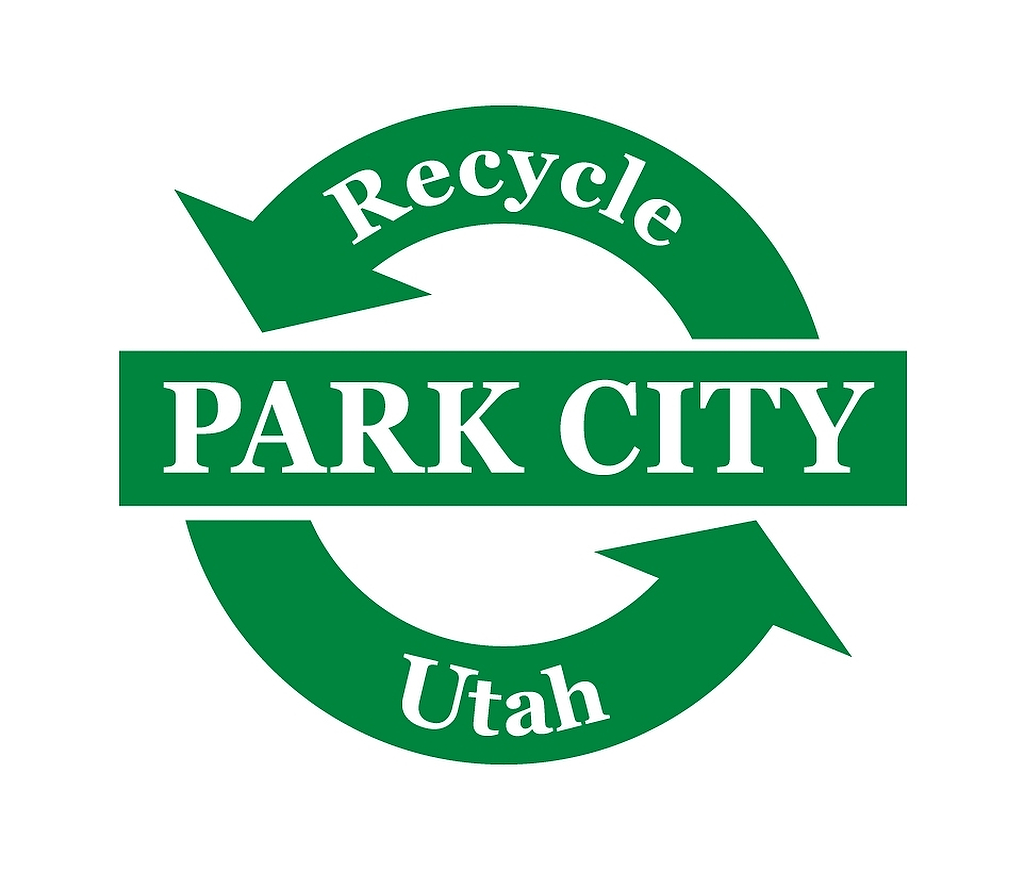Laundry is something we all do habitually. Our washers and driers are two of our household’s highest energy-consuming appliances, consistently running in our homes. A dose of creativity and change can not only save electricity, but also gas, waste and money. Read on for tips!
- Wash on cold. Heating water is responsible for more than 70% of a washer’s energy consumption. Ironically, some stains like sweat or blood can actually ingrain further into fabric in hot water vs cold water. Cold water washing also reduces wrinkles, fading and shrinkage.
- Upgrade to Energy Star. You can also look into heat pump dual washer/drier options or a heat pump drier. Efficiency is affected by design, age, and settings used. Run machines during off-peak hours if possible, after 10 p.m. or mid-day.
- Ditch fabric softeners. They are an extra expense and can leave residue in the wash. Try old, faithful, and inexpensive white vinegar instead. Similarly, ditch drier sheets and replace them with natural wool drier balls to reduce static and drying time. Don’t forget to regularly clean the lint filter to maximize drier efficiency!
- Reduce plastic waste by transitioning from large plastic jugs (often laden with chemicals) to washing sheets, tablets, pods, or eggs. After experimentation, my family settled on an egg in combination with homemade powder detergent.
- Re-wear clothes if possible before filling the washer load and use drying racks or clotheslines! Utah air dries clothes in no time and preserves quality.
Finally, how do we reduce microplastics (often from nylon, polyester, and acrylic clothing) from entering our laundry? The best options are to wash less, use full loads and cold water, use less detergent in front-loading washers, hang dry, use a microplastic filter bag or attachment filter, and buy more clothing made from natural materials.
Change is challenging. But like seasons, relationships, technology, or weather, change surrounds us. The time has come to step out of our habitual boxes and shake things up to grow with the times, for our planet, pocketbook, and health. Good luck and have fun!
Recycle Utah, your community non-profit drop-off recycling center, provides these weekly tips. Visit their website for more information: www.recycleutah.org.

